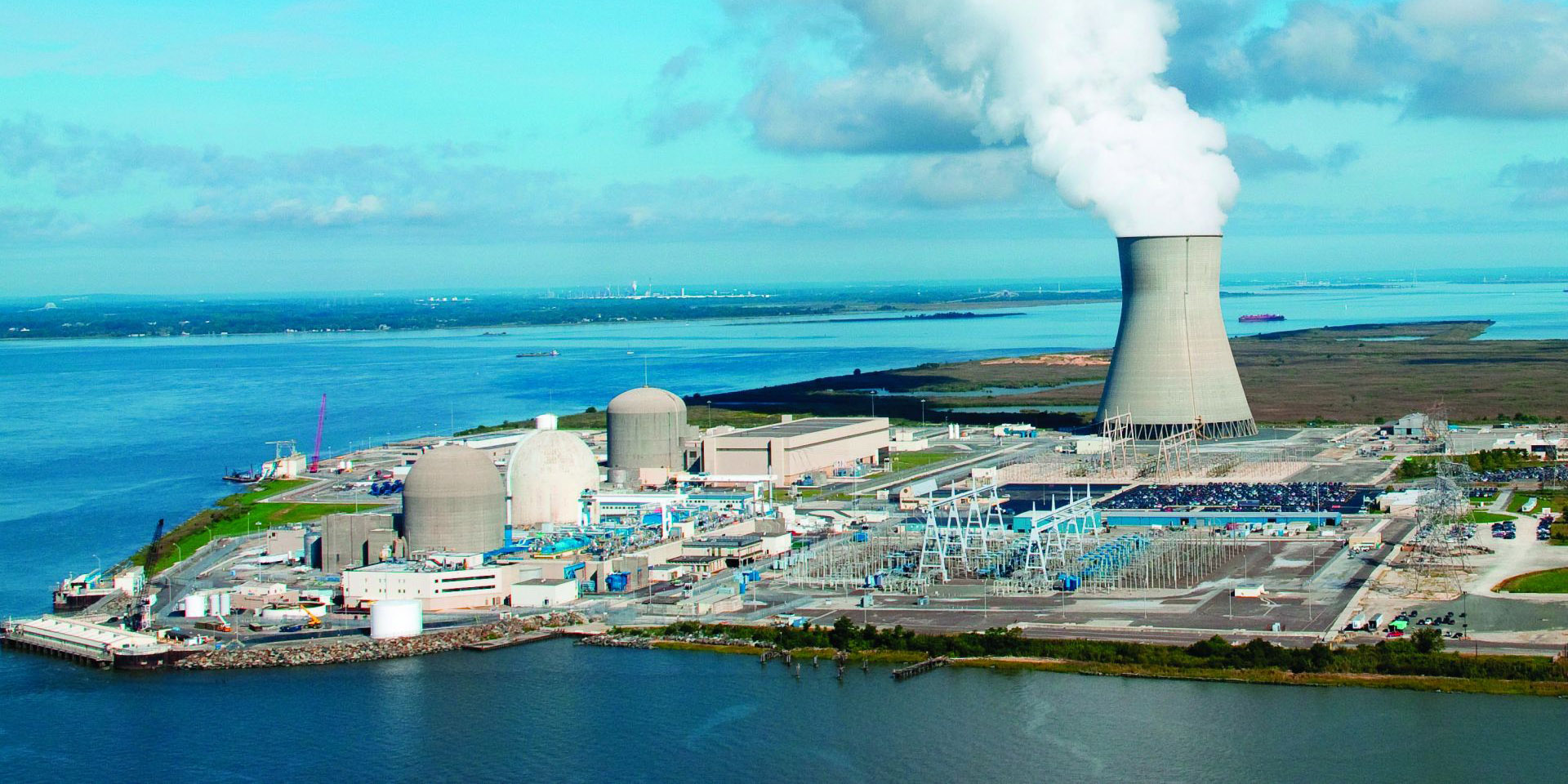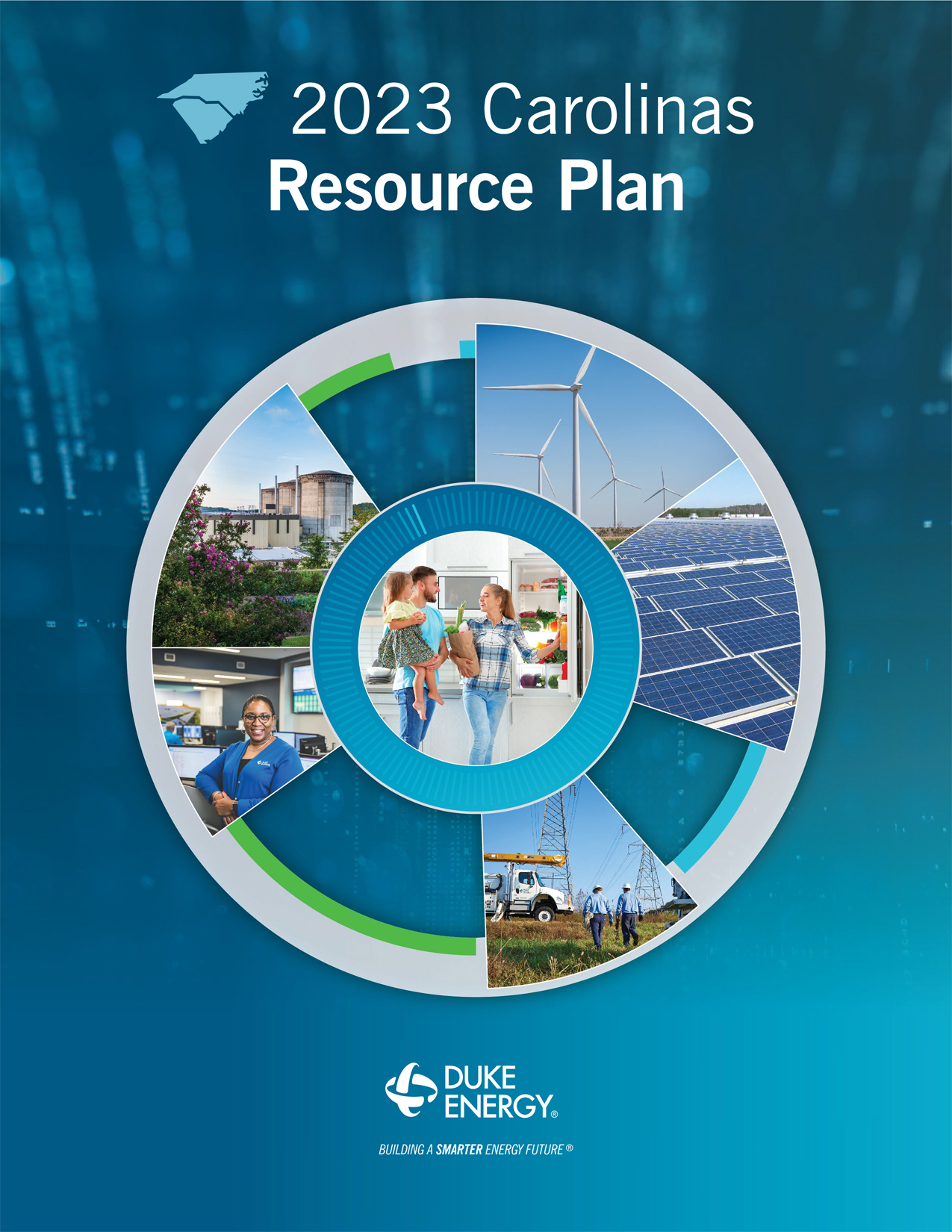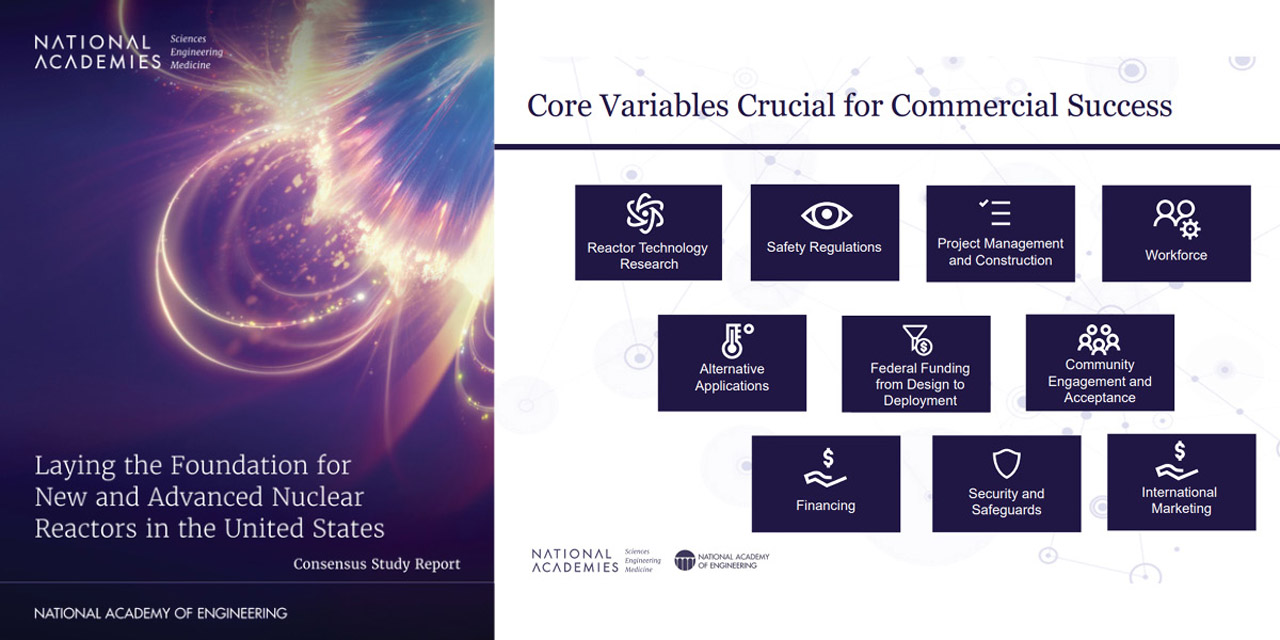A rendering the X-energy fuel fabrication facility planned for construction in Oak Ridge, Tenn. (Source: X-energy)
Advanced reactor company X-energy has been awarded $148.5 million in tax credits under the Inflation Reduction Act for construction of its TRISO-X fuel fabrication facility in Oak Ridge, Tenn.
The Hope Creek and Salem nuclear power plants. (Photo: PSE&G)
PSEG Nuclear LLC announced this week it will pursue subsequent license extensions to keep the three reactors at its Hope Creek and Salem plants operating for an additional 20 years. Both plants had been granted initial life extensions years ago by the Nuclear Regulatory Commission, Salem-1 and -2 on June 30, 2011, and Hope Creek on July 20, 2011.
The U.S. Treasury Department building in Washington, D.C.
Two weeks remain for public comments on the proposed language in the new federal rules proposed for hydrogen production tax credits. A public hearing on the regulations is scheduled for March 25, 2024.
While the federal proposal is largely popular among environmentalists and some pronuclear advocates, there are concerns from others that it would cut out opportunities for existing legacy nuclear plants that are well-equipped to convert part of their operations to hydrogen production. The proposed rules require hydrogen to come from newly built resources—the largest obstacle for legacy nuclear sites but further incentive to deploy new reactors—and would permit using natural gas if employed with carbon capture and sequestration.
This slide on the right from the consensus committee’s public briefing identifies 10 core variables that are important to the success of advanced reactor deployments. (Image: NASEM, Laying the Foundation for New and Advanced Nuclear Reactors in the United States)







.jpg)





